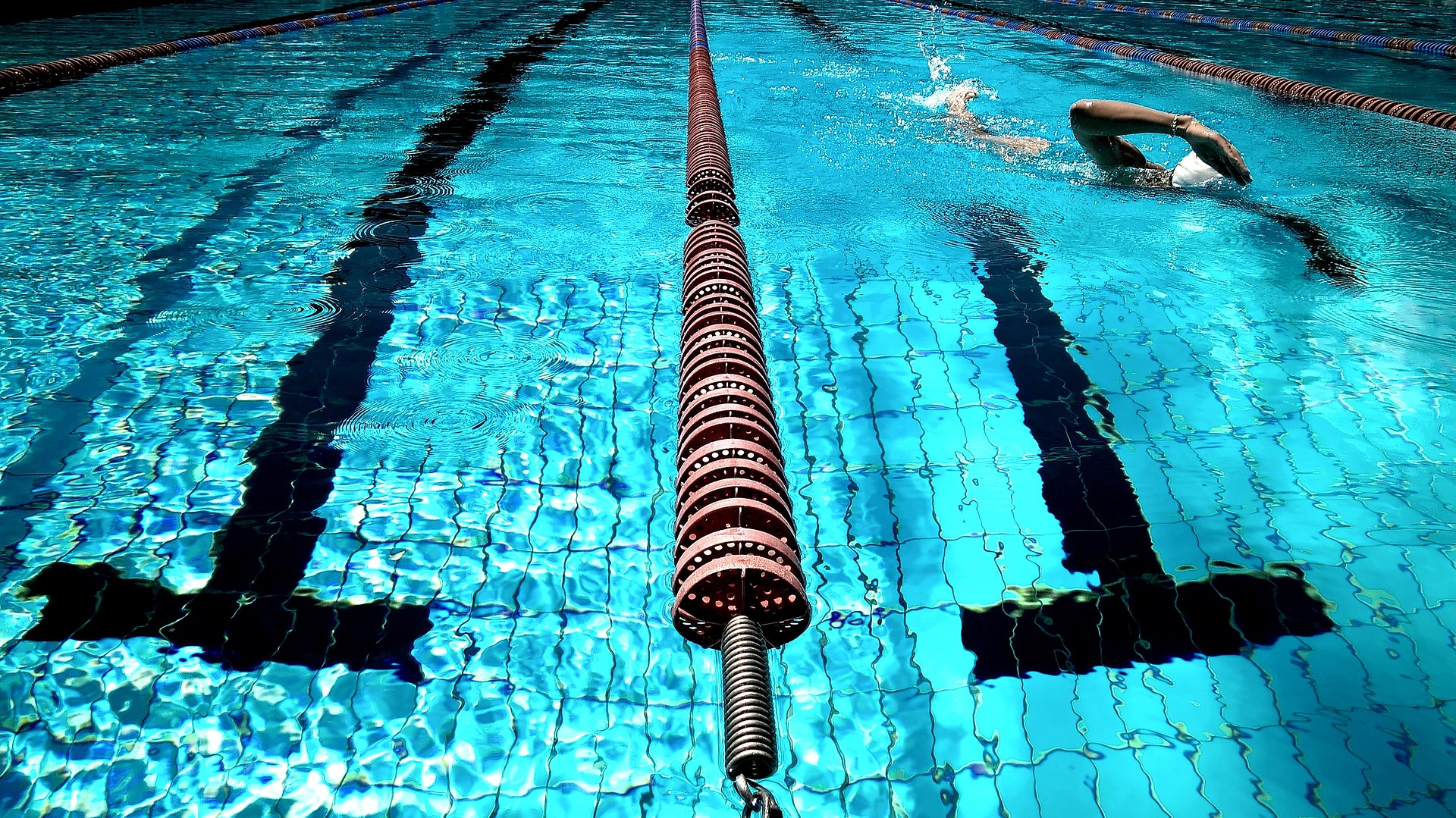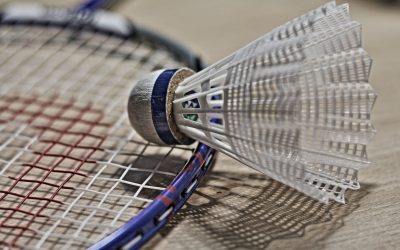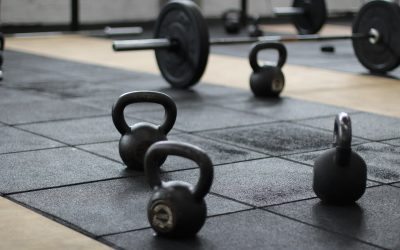Swimming is a great exercise to develop strong muscles whilst helping to lose weight and is one of the few activities that works your whole body. One of the reasons swimming is so great is because it will give us a good workout without putting any impact on your joints. It also means you do not have to buy any expensive equipment. Just a good swimsuit and most leisure centres with swimming pools have a pay as you go option meaning you don’t have to sign up to expensive memberships.
However, those of you with newly diagnosed heart conditions should seek advice from your doctor to make sure swimming is suitable for them. Your heart has to work harder in water due to the changes in your circulation as more blood is returning to your heart as a result of the resistance of the water. The deeper the water is, the harder your heart works. It is very easy to underestimate how hard your heart and body are working whilst swimming due to the buoyancy and temperature of the water. It is important to exercise at a lower intensity than you normally would out of the water and it is recommended to only swim in a water temperature between 26-33C (79-91F) as this effects the heart the least. Any higher than this cause the blood pressure to drop leading to dizziness and fainting. Colder temperatures, as well as being unpleasant, can cause irregular heart rhythms. Public swimming pools tend to be 29C (84F). Stop exercising/ swimming if generally feeling unwell or chest pain, palpitations, light headedness occur. If these do not settle after using GTN spray, seek medical advice as soon as possible. Lifeguards and first aid staff will be available in leisure centres. You should have your GTN sprays nearby at all times and allow for an hour to pass after a meal before starting
Now that’s the serious part over. Moving on, as you know by now, warming up and cooling down are the most important parts of the sessions. Starting and finishing at a slower pace, building up and down slowly will count as your warm up and cool down. A lot of activity trackers are waterproof now so you can use them in the pool to keep an eye on your heart rate as you go. Or you can take a 30 second breather every now and again to check your pulse. Now I assume none of you will want to attempt swimming lengths underwater, or swim underwater for longer periods but it goes without saying please don’t do this. It will increase the strain on your heart. As a lifeguard for 5 years I was surprised at the amount of people who attempted this so I will ask you politely now not too!
But overall, swimming is a great and fun form of exercise, go with a family member or friend to start with if your slightly worried but the lifeguards are trained for people with heart conditions. Make sure to check with your doctor or cardiac rehab team before starting. But that brings us to the end of the swimming section. I personally think swimming is a fantastic form of exercise and would recommend it. I hope that was useful and insightful for you.











